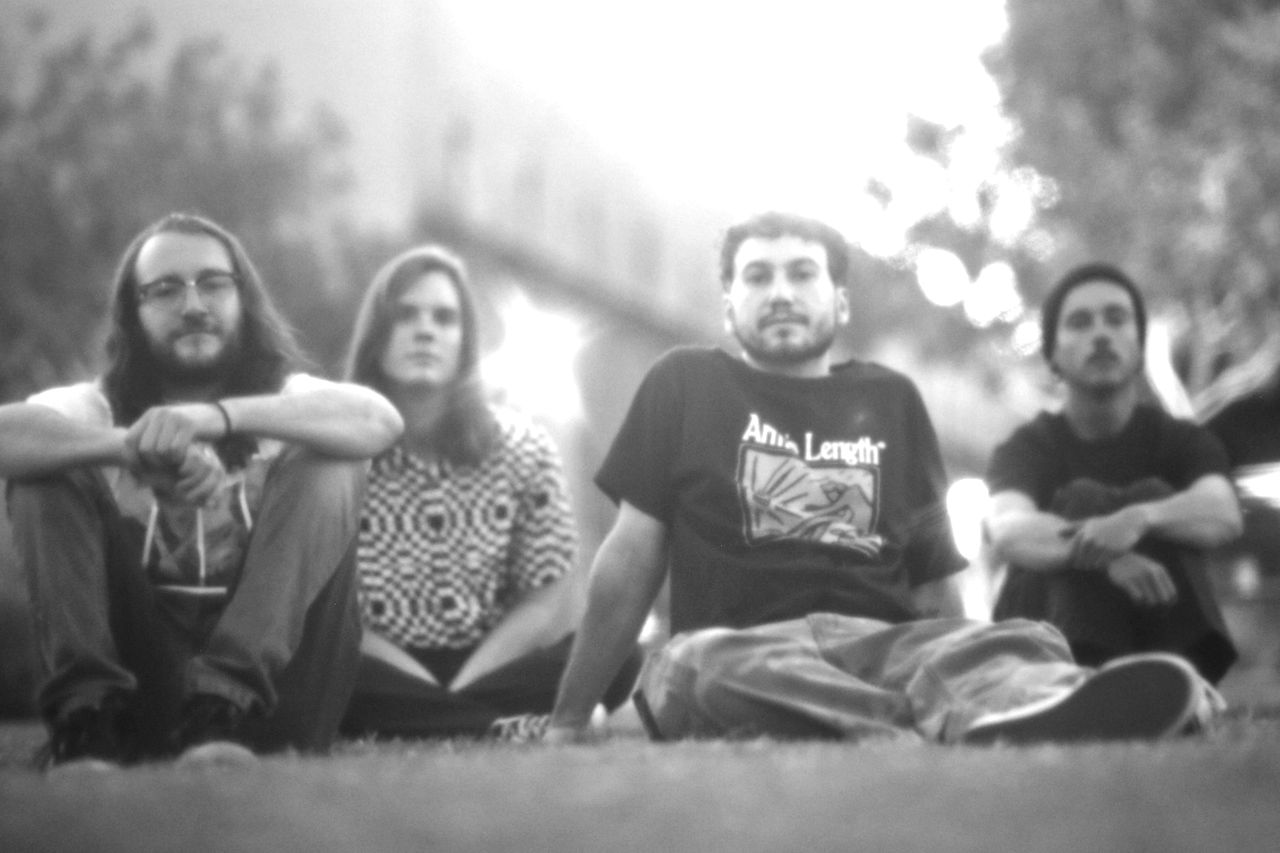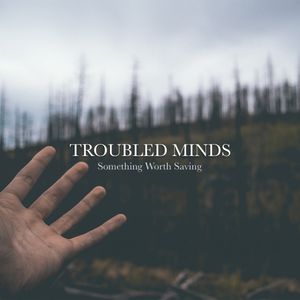

Troubled Minds
Unverified
Follow Your Favorite Band Today!
Be the first one to follow Troubled Minds!
Top Troubled Minds Community Posts
Loading posts...
Loading....
Loading....
Loading....
Loading....
Loading....
Loading....
Story of Troubled Minds
good riffs and good hangs from phx, az
Loading....
Frequently Asked Questions
Bands you may like
More Emo Bands
Discover more bands in the Emo genre and explore the diverse sounds that define this musical style.
Browse All Emo BandsMore Bands from United States
Discover the rich musical heritage of United States and explore bands that represent the country's unique sound and culture.
Browse All United States Bands
